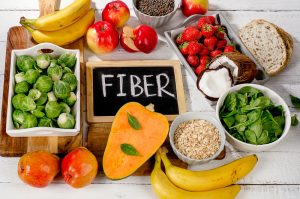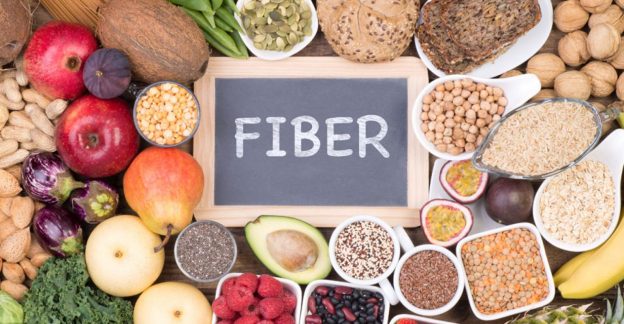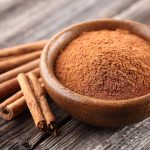In 2013, a group of Taiwan-based scientists published a research paper that flew a little bit under the radar until recently describing the beneficial impact that dietary fiber had on muscular strength and durability, particularly with those that are getting up there in age and normally seeing muscular atrophy.

In this report, Short Chain Fatty Acids (SCFAs) actively work to protect muscle fibers in the body from the natural aging process and the degradation of this muscle fiber that all of us are going to have to confront as we get older and older. It turns out that consuming high levels of dietary fiber allows for the increased production of short-chain fatty acids through the fermentation of dietary fibers as they sit in the digestive tract.
Scientists are taking a closer look at the research published just over six years ago, looking at the data and combing over the results to determine whether or not the research year is 100% accurate and what kind of impact it may have on modern science and nutrition moving forward – particularly for older people.
Researchers that are looking at the paper believe that if the fundamental conclusions of this paper are in fact correct that people over the age of 50 that consume higher levels of dietary fiber are going to see dramatic improvement in strength but are also going to be able to maintain that strength for longer compared to their peers that do not consume as much (or any) dietary fiber.
The original research study was conducted between 2008 and 2010, with more than 2600 people over the age of 50 participating in the clinical study. The Taiwanese government was heavily involved in the funding and the overall conducting of this study, as they wanted to get a better picture of the kind of healthy lifestyle their aging population should be leading an effort to improve their quality of life and to avoid costly medical procedures.
Questionnaires and databases were set up to find out just how much dietary fiber individual participants were consuming on a daily basis, and information about the overall activity levels, fitness levels, and strength levels of each participant was also collected.
Individuals were asked questions about how quickly they walked or were able to run, how far they were able to walk in a six minute block of time, how quickly they were able to get up from a chair, move around a 3 m space, and then sit back down in the chair, and how good their balance and handgrip strength really was.
After this data was collected the Taiwanese researchers immediately recognized a correlation between the strongest and healthiest of the research participants and those that were consuming the highest levels of dietary fiber on a regular basis.
Almost every individual strength, endurance, and healthiness marker was considerably higher for those that were consuming elevated levels of dietary fiber compared to their peers, and those that were consuming the most dietary fiber were far and away healthier and stronger than those that were not.
More research is obviously being conducted to independently verify these results, but this could be a big breakthrough in helping older people around the world lead happier and healthier lives.
Source: https://journals.plos.org/plosone/article?id=10.1371/journal.pone.0080209







